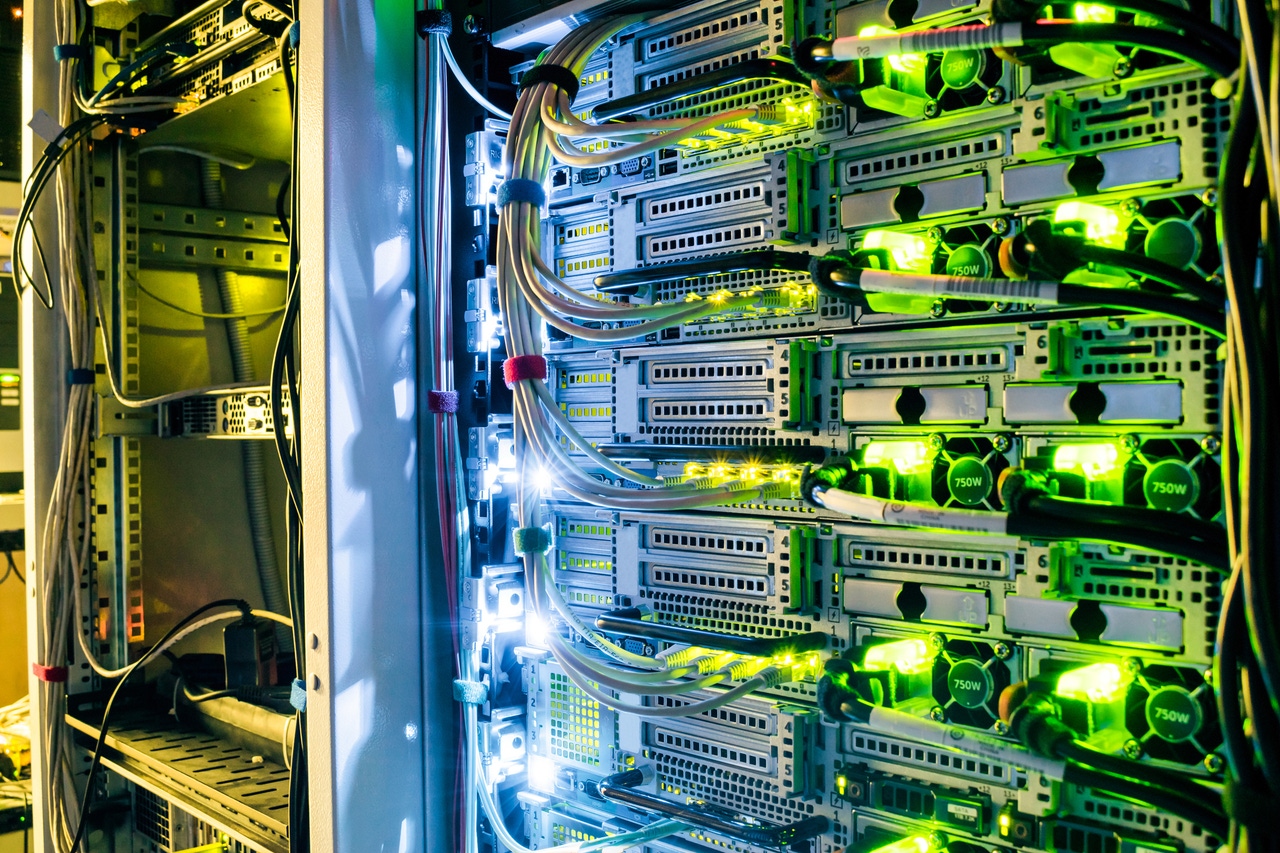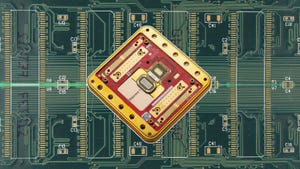Juniper Buys Apstra in Move Toward Self-Driving Data Center NetworkJuniper Buys Apstra in Move Toward Self-Driving Data Center Network
The startup’s intent-based networking technology automates network configuration, deployment, and management, moving Juniper closer to its self-driving network vision.

Juniper Networks took a big step forward toward its vision of self-driving networks on Monday, acquiring Apstra, an intent-based networking startup.
Apstra is a pioneer in the intent-based networking space, having developed the Apstra Operating System (AOS), which allows network administrators to automatically configure, deploy, monitor, and validate their data center networks. Through intent-based analytics, the software analyzes network telemetry data, continuously validates the IT staff’s intent, and sends alerts if it discovers problems.
Terms of the transaction were not disclosed.
Juniper announced that Apstra CEO and co-founder David Cheriton will join the networking giant as its chief data center scientist.
In its six years in existence, the Menlo Park, California-based startup attracted several high-profile customers, including Accenture, Bloomberg, and Yahoo! Japan.
Executives from Apstra and Juniper wrote blog posts Monday, saying the two companies are a perfect fit for each other.
“There is a complete match of mission and vision, ie. bringing simplicity to network operations through AI-driven, intent-based networking and automated continuous validation,” Cheriton wrote in his post.
“By joining forces with Apstra, Juniper is delivering on our vision of the self-driving network for the modern cloud era,” Juniper executive VP and chief product officer Manoj Leelanivas in his.
Juniper and others, including Cisco, Hewlett Packard Enterprise, VMware, and startups such as Forward Networks, have raced to develop intent-based networking (IBN) solutions, technology that aims to bring the industry closer to the ultimate goal of autonomous networks, in which networks configure, monitor, and manage themselves with little human intervention. Through artificial intelligence and machine learning, IBN tools can proactively detect and remediate network and security issues.
Before the Apstra acquisition, Juniper positioned its Contrail Enterprise Multicloud software-defined networking technology as foundation for its IBN strategy in the data center.
Its chief rival Cisco has developed its own vision of data center IBN through three products: Cisco Network Assurance Engine, Cisco Application Centric Infrastructure, and Cisco Tetration Platform. Meanwhile, VMware is also tackling the market, having acquired companies in the space that include an intent-based verification startup called Veriflow, in 2019, and the AI-powered network analytics startup Nyansa, in 2020.
Brad Casemore, IDC’s research VP for data center networks, said Juniper’s purchase of Apstra is a good strategic move.
“It fits with where Juniper wants to go with its self-driving network strategy. In the big picture, this is a huge piece of it,” he said. “What Apstra does with intent-based networking and analytics is very comprehensive. It’s data center network automation from day zero, when you are doing design, and planning to day one, when you go live, and day two, when you are doing automated troubleshooting.”
“This is very much aligned with the concept of the self-driving network,” Casemore added. “We are not there yet, but it’s a step in that direction.”
Apstra, whose AOS is vendor-agnostic, supports networks from multiple network equipment makers, including Juniper, Cisco, and Arista Networks, so there is already built-in synergy between the two companies, Casemore said.
Apstra has done extensive work to support Juniper’s Junos network operating system, which indicates that they have successfully worked together in capturing joint customers, he said. They also both support the SONiC open source network operating system, built by Microsoft Azure to run its massive global data center network.
According to Casemore, the data center switch market that supports SONiC will grow to $2 billion by 2024. Now, Juniper can sell its switches and Apstra’s full lifecycle automation software into that market jointly, he said.
Juniper will need to better explain how Apstra’s IBN technology fits with Contrail, once the dust settles on the acquisition, Casemore said.
“I would look for Juniper to provide greater clarity on its integration strategy,” he said. “I can imagine that customers can use Apstra for full lifecycle network automation and use Contrail for microsegmentation and workload protection. There could be a nice story there, but we haven’t seen it fully explained yet."
About the Author
You May Also Like









